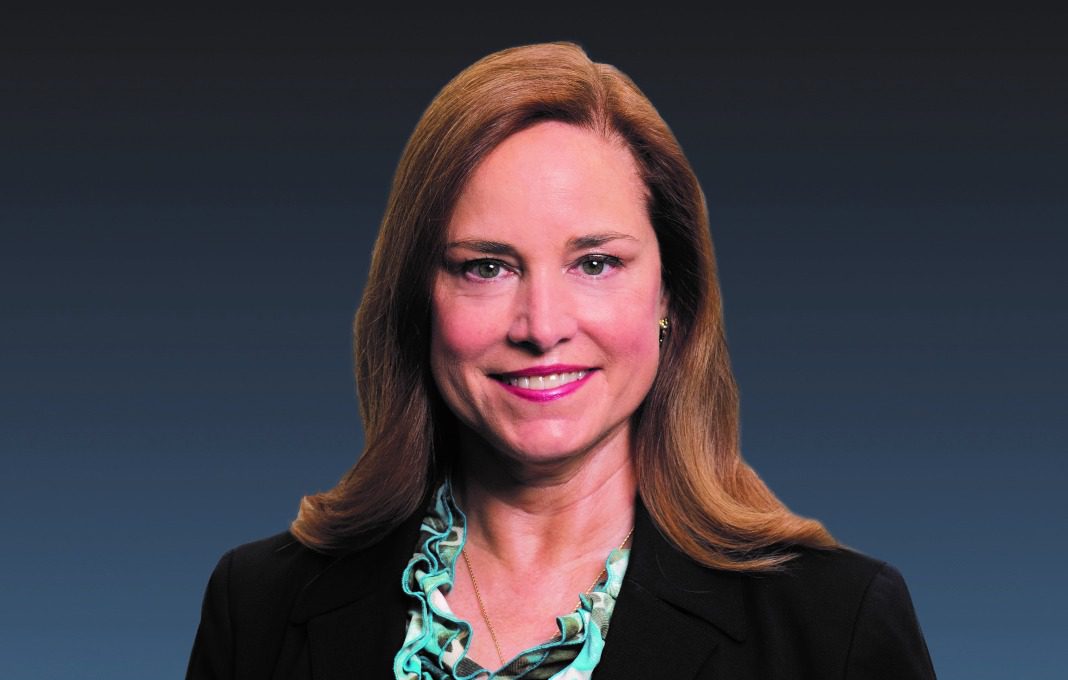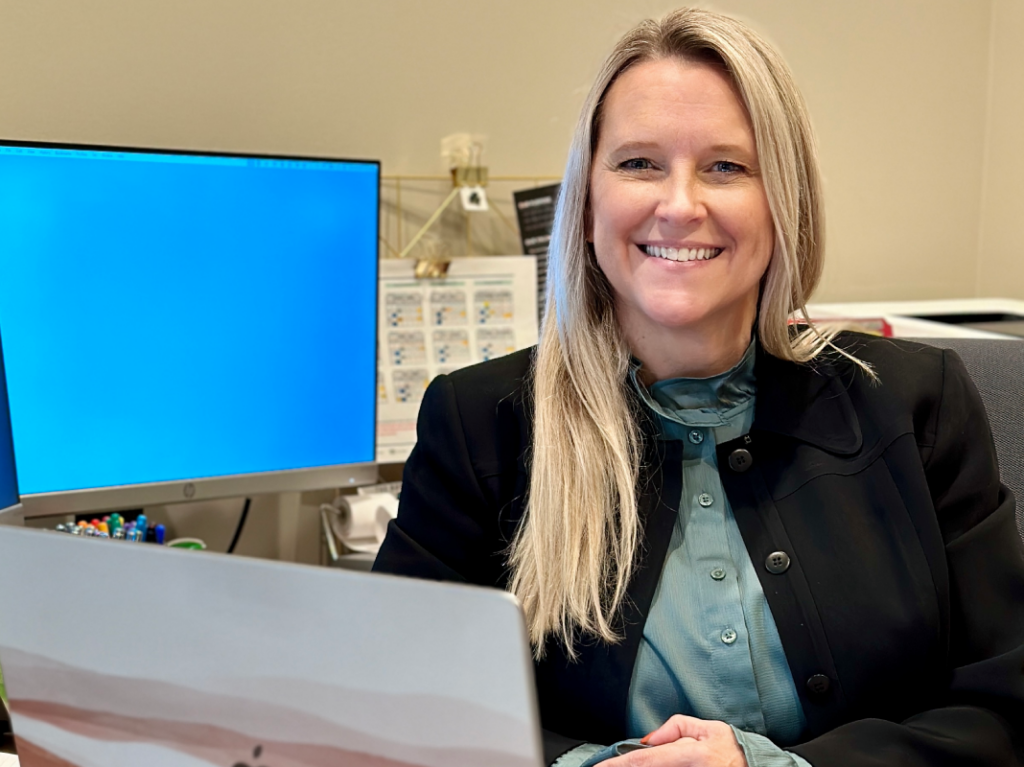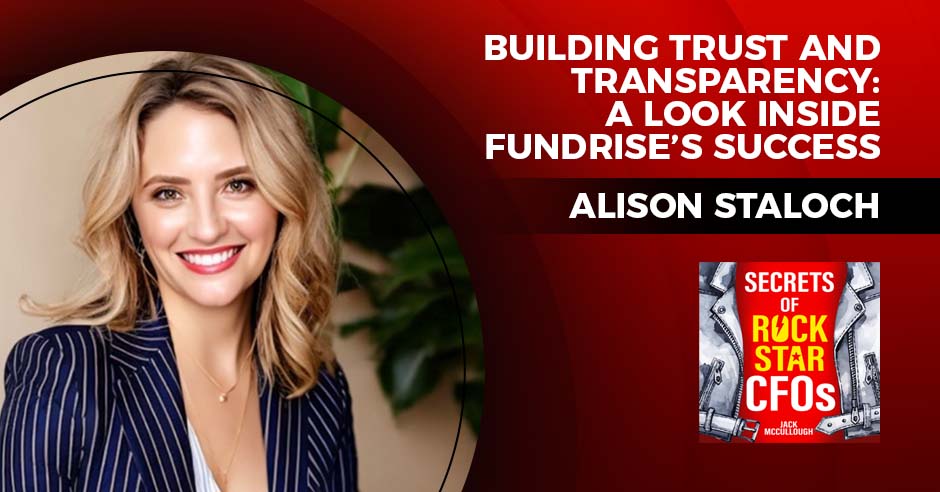“Be all you can be” isn’t just a slogan for Tracy Curley—you could say it’s been her lifelong mission statement, from running on her high school’s boys cross country team, to attending West Point, to being a strong voice in the finance profession.
An industry veteran, Curley is now CFO of iSpecimen, a Lexington, Massachusetts-based company that provides a global online marketplace connecting scientists in need of biospecimens for medical research with the healthcare organizations that can provide them.
Curley spoke with StrategicCFO360 about when she felt held back for being a woman, the power of personal relationships and what it was like to take iSpecimen public soon after joining as CFO.
Despite the strides that have been made, women still account for a small percentage of CFOs around the U.S. Can you talk about your experience and how you found your voice in the industry?
I grew up in an environment where I was encouraged to do and be anything that I put my mind to—from running on the boys cross country team in high school since we didn’t have one for the girls, to attending the U.S. Military Academy at West Point in one of the first classes with women.
However, one example of a time that I realized I didn’t have a voice was when I learned there were certain military branches I could not choose to be in since I was a woman. Thank goodness that is no longer the case. Experiences like these prepared and provided me with a certain level of confidence for when I entered what was, at the time, the male-dominated accounting profession.
I am extremely fortunate that the area in which I live—Boston—has a very tight business community. My time as a partner in public accounting and now, in industry, I’ve continued to be involved in networking and philanthropic activities, which has allowed me to build many meaningful relationships with business colleagues. I truly believe that all of these personal relationships, which allow me to be my authentic self, further enable me to have a strong voice in the industry today.
Finally, I’ve found that mentorship is invaluable. Throughout my career, I’ve had several mentors, both men and women, who have provided the necessary guidance, direction and support that helped me to get to where I am today. As a leader in any industry, it’s important to teach others what you know and help to foster growth at all levels, especially among women.
Given your dynamic background, what lessons learned throughout your career can you share that are transferable for CFOs—particularly women—across other sectors?
I have been around for a long time—oh, the stories that I could tell! There are too many lessons I could share, probably enough for a book, but here are a few of my favorites: it is very important to stand up for yourself, because if you do not, no one will. You are your own constant advocate, and you must speak up and use your voice in a manner that will not harm your career.
That goes for making sure that you have proper work-life balance—easier said than done—and are getting the recognition, promotion or pay that you deserve. Most importantly, you must expect, and demand, to be treated with respect—and, of course, do the same for others.
Helping to lead a company through the IPO process is no small feat. Can you discuss what it was like? What advice would you give to other CFOs going through this process?
When I joined iSpecimen as a first-time chief financial officer in 2020, the team had already made plans for the company to go through the IPO process. This was an exciting time and a huge undertaking. We had many areas that needed to be addressed from an administrative and compliance perspective, including being audited in accordance with Public Company Accounting Oversight Board standards. We were able to execute the IPO in June 2021—less than a year after I came aboard—and it was both challenging and extremely rewarding.
For other CFOs who are going through an IPO, my best advice is to always keep your company’s mission at the forefront. The IPO process can be stressful, but it’s important to always remember what your company is setting out to do and why. In our case, we have a disruptive technology that greatly helps medical researchers with their work and, as such, improves the global healthcare industry as a whole.
Additionally, a high level of communication as you go through the process is critical between all the stakeholders. Setting expectations, timelines and deadlines—and meeting them, as well as being transparent throughout the process, is vital. Be willing to admit what you don’t know, and ask for assistance when you need it.
The healthcare and technology industries are constantly evolving. Do you have any insights or industry predictions for the year ahead?
The evolution in this industry seemed to accelerate during the pandemic. There are a lot more organizations looking at the global impact in healthcare, as well as how the industry can react earlier or even prevent diseases altogether to improve outcomes. Organizations are developing new technologies that will allow healthcare workers to do more, such as remote screenings and in-home testing, and I believe we will continue to see collaborations and innovations that will advance science further.








